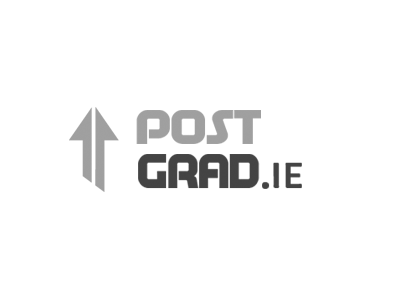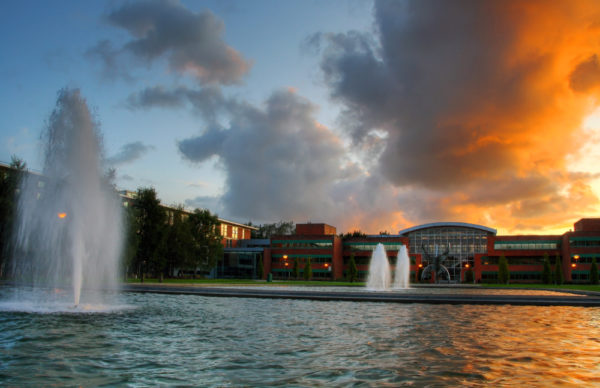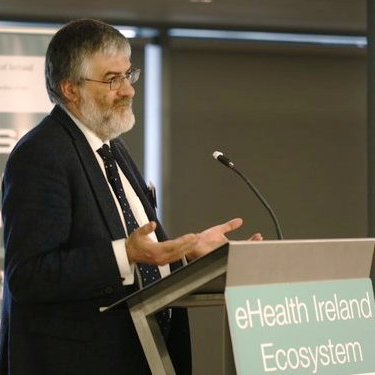Exploring Research Careers Podcast
Have you discovered Exploring Research Careers Podcast. Each episode explores careers and personal histories of people working in research today and delves in detail into the career trajectories of people actively working as researchers or those who work supporting researchers

















